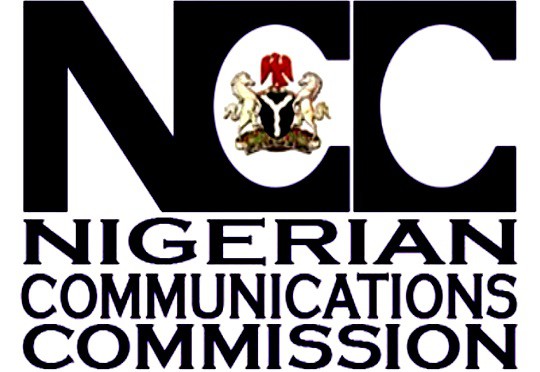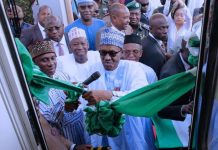The Nigerian Communications Commission, NCC, has licensed two new infrastructure companies, InfraCos, for the Southeast and Northwest zones. The NCC’s Executive Commissioner, Stakeholders Management, Sunday Dare, disclosed this while chatting with newsmen in Lagos on Tuesday. He said the companies, which would become operational before the end of this month would increase the number of existing licenses to four.
Dare disclosed that the two firms, Zinox Technologies and Brinks Integrated Solutions, were approved last December. He said four InfraCos have so far been opened, explaining that the remaining three would be licensed before the end of the month. Earlier, two InfraCo licenses, including MainOne for the Southwest and IHS for the North-central zones, were licensed by the NCC in 2015.
The Commissioner explained that the process would bridge the gap in the deployment of broadband infrastructure in the country. He reiterated the commission’s commitment to achieving a 30 per cent broadband penetration by the end of this year. Dare assured of the various initiatives, such as the re-framing of some frequency spectra and the ongoing discussion with state governors to grant timely Right of Ways (RoWs) to operators.
Despite the laid fiber optic cables and base transceiver stations, BTS, the regulator had said there is still a huge infrastructure gulf. He said the gap must be filled to accelerate the deployment of critical infrastructure for achieving a universal broadband penetration in the country. The NCC says the country currently needs a minimum of 80,000 base stations to achieve effective service delivery.
According to the regulator, the country is facing an investment deficit of N164 billion in the area of fiber optic deployment to drive broadband accessibility across the country.The Executive Vice Chairman of NCC, Prof. Umar Danbatta, had declared earlier that for broadband to spread, Nigeria needs over 120,000 kilometers of metropolitan fiber networks. Danbatta said only 38,000 kilometers had so far been covered, representing a deficit of 82,000 kilometers of fiber optic deployment, or N164 billion-investment deficit.


















